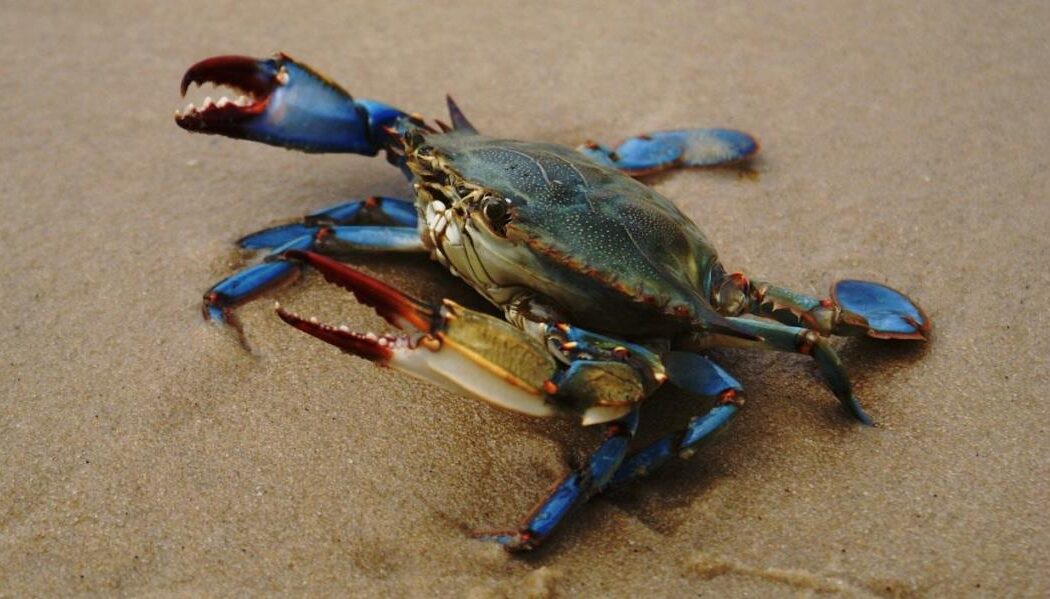On October 16, 2023, the National Fish and Wildlife Foundation (NFWF) announced $9.6 million in grant awards to support the restoration and conservation of the Chesapeake Bay watershed.
The 10 new grants will support local implementation of critical, natural and nature-based watershed restoration practices that provide long-term water quality improvement benefits, improve aquatic and terrestrial habitat for at-risk species, and enhance climate resilience for human and wildlife communities.
U.S. Senator Ben Cardin (D-Md) said “While the Chesapeake Bay has shown significant improvement, more still needs to be done to address both current environmental threats as well as the evolving challenges associated with climate change. The National Fish and Wildlife Foundation’s investments in the Chesapeake Bay Program provide a historic opportunity for on-the-ground projects that support stream and shoreline restoration and improve stormwater and agricultural management. The Innovative Nutrient and Sediment Reduction Program, in particular, will bring us closer to reaching our pollution reduction goals and preserving a treasured resource for all who live and work in the Chesapeake Bay watershed.”
NFWF and EPA representatives joined Members of Congress, local leaders and community members at Black Dog Farm in Queen Anne, Maryland, to announce the awards.
The 10 grants will leverage more than $9.4 million in matching contributions to generate a total conservation impact of just over $19 million.
U.S. Senator Chris Van Hollen (D-Md) said, “A healthy Chesapeake Bay is critical to the success of Maryland’s economy and to preserving this natural treasure and its heritage for generations to come. This federal investment from the Infrastructure Investment and Jobs Act will help continue to restore natural ecosystems around the watershed and support agricultural conservation efforts – ensuring farmers and those who make their livelihood off the Bay can thrive. I will keep working to advance our all-hands-on-deck fight to protect the Chesapeake Bay for generations to come.”
The grants were awarded through the Innovative Nutrient and Sediment Reduction Grant Program (INSR), a core grant program of the federal-state Chesapeake Bay Program partnership that are administered under NFWF’s Chesapeake Bay Stewardship Fund (CBSF).
CBSF is a partnership between NFWF and EPA that provides grant funding, technical assistance, and networking and information sharing in support of local, on-the-ground conservation and restoration efforts to restore the Chesapeake Bay and its tributary rivers and streams.
“The grants announced today build on decades of success through NFWF’s Chesapeake Bay Stewardship Fund partnership with the U.S. Environmental Protection Agency in advancing on-the-ground, voluntary, and community-based approaches to accelerate water quality improvements for the bay and its tributary rivers and streams,” said Jeff Trandahl, executive director and CEO of NFWF.
“Beyond local benefits for water quality, these grants demonstrate how strategic and focused approaches can both enhance resilience for the bay’s human and wildlife communities and help restore vital living resources across the bay watershed,” he added.
These projects will further emphasize partnerships and collaborative approaches as central to effective local and regional ecosystem restoration efforts and engagement of local communities in the planning, design, and implementation of restoration and conservation efforts. The funds will help partners engage farmers and agricultural producers, community-based organizations, homeowners, churches, businesses, and municipalities to improve local water quality and the health of the Chesapeake Bay.
Examples of this year’s grant recipients include:
- Delmarva Poultry Industry, Inc. ($999,300) will create cost-share programs to accelerate the adoption of sustainable and resilient chicken farming practices in Maryland and Virginia’s Delmarva Peninsula and improve riparian buffers, precision nutrient management, conservation drainage and litter management.
- Backyard Basecamp ($984,900) will implement nature-based stormwater solutions and enhance stream daylighting to build resilience to flooding in East Baltimore and provide improved access to community green space.
- The Pennsylvania State University ($1,000,000) will engage congregations through volunteer programs to initiate green infrastructure projects in places of worship and support congregational members in adopting conservation practices on their farms.
- Upper Mattaponi Indian Tribe ($1,000,000) will reclaim and restore parts of the Upper Mattaponi Indian Tribe’s ancestral lands through invasive-species removal; planting native grasses and trees to enhance both upland, riparian, and wetland habitats; and restoring channelized streams.
U.S. Representative Andy Harris (R-Md) said, “These nutrient and sediment reduction grants encourage innovation and are a vital component to improving the health of the Chesapeake Bay,” said Representative Harris. “This is why I support these programs through our Interior Appropriations bill.”
Since 2006, the INSR Program has provided more than $133 million to 229 projects that have reduced 23 million pounds of nitrogen, 4 million pounds of phosphorus, and 500,000 tons of sediment across the Chesapeake Bay watershed.
Photo of blue crab courtesy of National Fish and Wildlife Foundation.

